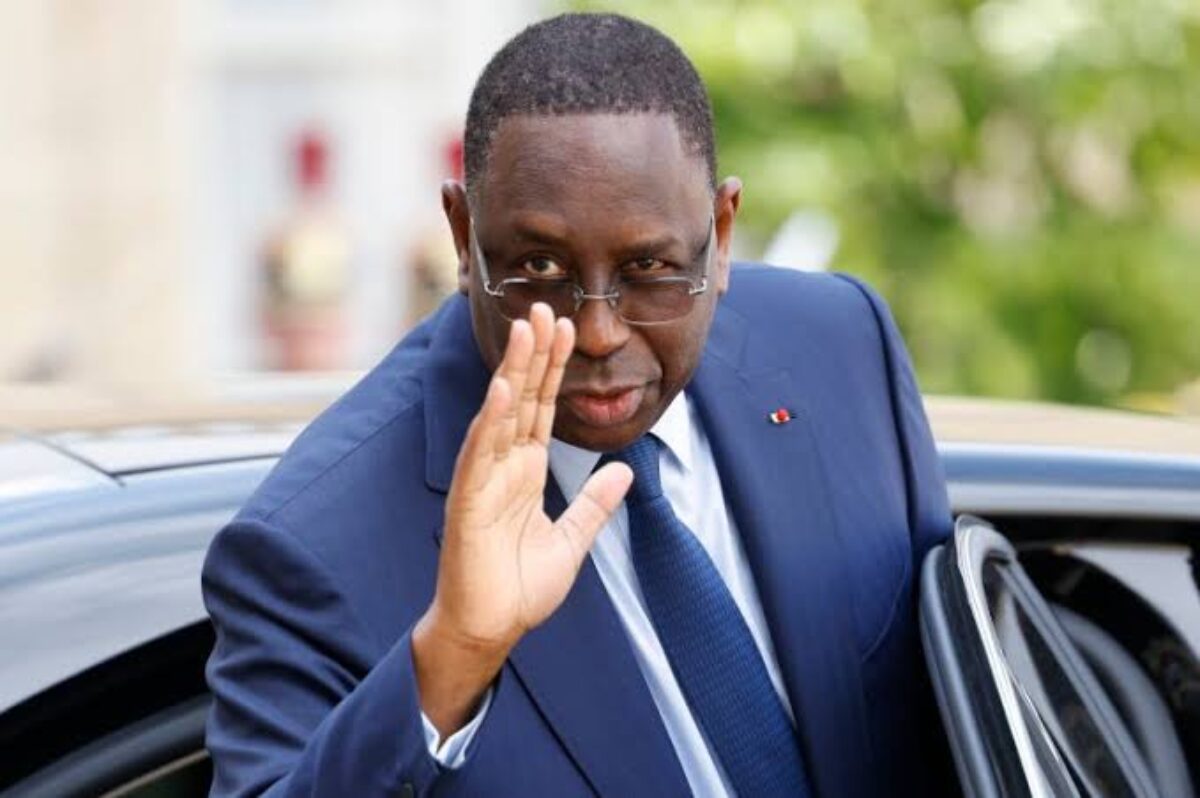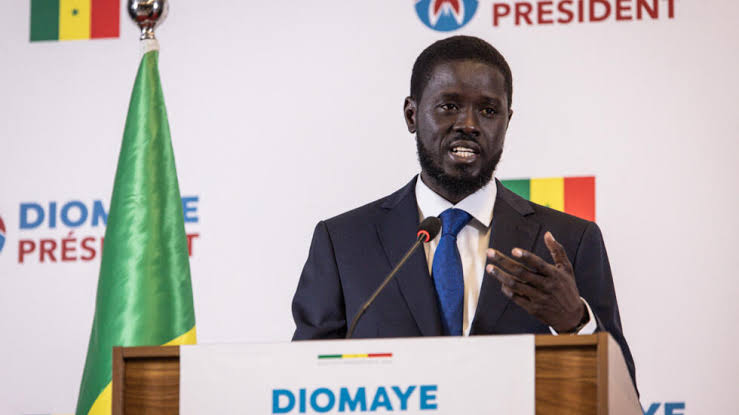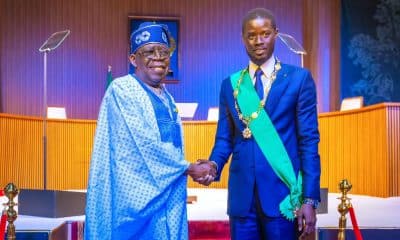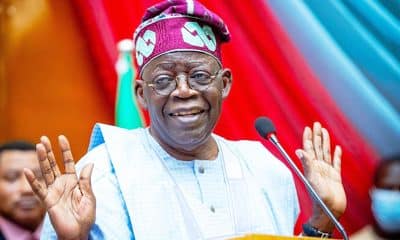Nigeria News
Senegal Constitutional Council Declares Election Postponement Illegal

In a landmark decision, the Senegalese Constitutional Council has declared the postponement of the February 25 presidential election, initially decreed by President Macky Sall, as “illegal”.
During a crucial meeting on Thursday, the council revoked the president’s decree, which had delayed the election citing issues with the candidates’ list and alleged corruption within the council itself.
This ruling underscores a significant constitutional crisis, as the council, responsible for vetting presidential candidates, labeled the parliament-voted delay and the date it proposed as unconstitutional.
The council has now instructed that a new date for the election be set promptly, challenging the government’s previous extension to December 15.
President Sall’s decision to postpone the election had sparked controversy, especially coming a day before the scheduled start of political campaigns in Senegal.
His call for a national dialogue in the wake of the postponement did little to quell the tensions, with the opposition decrying the move as an “institutional coup”.
Critics argued that the delay was an attempt by Sall, in office since 2012, to extend his mandate beyond the constitutional limit, despite his earlier announcement that he would not seek a third term.
The constitutional council’s ruling has intensified tension in the political landscape in Senegal, with opposition members and civil society activists previously taking to the streets in protest.
The demonstrations led to several arrests, including opposition figures and journalists, and prompted the government to temporarily suspend mobile internet access.
The government justified the suspension as a measure to prevent the spread of “hateful and subversive messages” amid threats to public order, though internet services were restored after two days, barring access to the TikTok social platform, which remains banned.
The unfolding events in Senegal highlight a deepening political crisis, as the country grapples with the implications of the constitutional council’s declaration and the search for a new, lawful election date.
This decision has set the stage for further discussions on governance, democracy, and the rule of law in one of West Africa’s most stable democracies.







